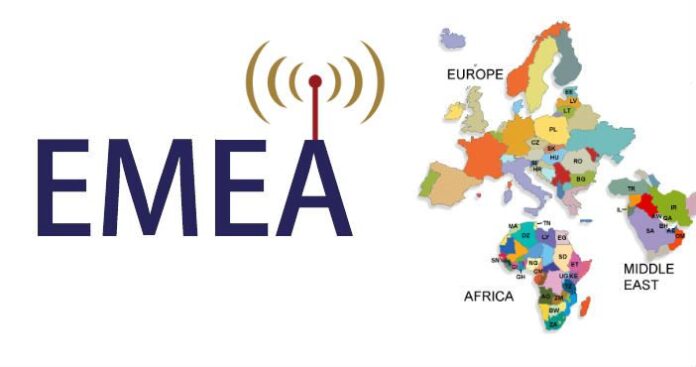 OK, maybe no videotapes. Late last week TeliaSonera released its half-yearly transparency report detailing the amount of lawful intercept requests coming from the government agencies in Sweden and Finland. You will see by the chart to the right that although these figures are comparatively small compared to other nations, they are growing from year to year. The requests not only include information from the current period, but also requests for historical data.
OK, maybe no videotapes. Late last week TeliaSonera released its half-yearly transparency report detailing the amount of lawful intercept requests coming from the government agencies in Sweden and Finland. You will see by the chart to the right that although these figures are comparatively small compared to other nations, they are growing from year to year. The requests not only include information from the current period, but also requests for historical data.
This got me wondering what was going on with other providers and in other countries. Earlier this summer both Deutsche Telekom and Vodafone released similar transparency reports. In Germany for the 2013 time frame, there were 50,000 requests for lawful intercept on DT’s network. The data traffic requests are the figures that are really quite surprising. There were more than 436,000 data traffic records requested and more than 946,000 IP address owner records requested.
What I found interesting in the Vodafone report was not specifically the figures, but some of the circumstances outlined for lawful intercept activities to take place. There are five countries where the government has the ability to directly access the Vodafone network infrastructure without Vodafone involvement: Albania, Egypt, Hungary, Ireland and Qatar. A surprising group, as there doesn’t seem to be any consistent threat level apparent across these regions in order for this to be substantiated. In Turkey, the scenario is even more controlling. The government has the ability to suspend all rights to privacy and monitor communications directly if deemed appropriate for national security.
Now I started wondering further about Internet traffic and looked to the transparency reports of Google, Twitter and Yahoo for Europe. The figures represented below reflect number of requests. Not all requests yielded any user information so the actual quantities of information provided are lower. Additionally, the time period for Twitter is first half of 2014 and Google/Yahoo the second half of 2013. What I found of interest was which countries had the highest number of requests and the overall comparison to the United States.
| Yahoo | |||
| France | 2,750 | 2,049 | 36 |
| Germany | 2,660 | 4,164 | 14 |
| United Kingdom | 1,397 | 2,488 | 78 |
| Italy | 896 | 2,150 | – |
| Spain | 545 | 555 | 43 |
| Turkey | – | – | 24 |
| United States | 10,574 | 11,795 | 1,125 |
So what does all this tell us? The United States is generating a substantial number of requests in comparison to the top European “requestors.” Does this actually mean there are more investigations in the United States or just that the population is that much larger? What about the number of Internet users per country? Some of you will find these figures surprisingly small/some surprisingly large. Let’s take another look to put this in context. The first number shows the percentage of the population that is an Internet user and the second number the percentage queried by the government. The Twitter figures were removed for this analysis.
| Yahoo | ||
| France | 84%/.00005% | 84%/.00004% |
| Germany | 89%/.00004% | 89%/.00006% |
| United Kingdom | 89%/.00002% | 89%/.00004% |
| Italy | 60%/.00002% | 60%/.00006% |
| Spain | 75%/.00002% | 75%/.00002% |
| United States | 88%/.00004% | 88%/.00004% |
Internet Usage stats source.
Now let’s go back and look at those earlier DT statistics that likely seemed shockingly large earlier in this article for comparison.
- Lawful intercept requests as a % of the population: .0006%.
- Data traffic requests as a % of Internet users: .006%.
- IP address owners as a % of Internet users: .013%.
Although higher then the Internet provider query figures, they are all still well under 1% of the population being impacted.
So what did I learn? In my estimation it seems that for all of the press about lawful intercept and how governments are intercepting all of our private information on a regular basis, the percentages of the population impacted are incredibly low. Not that anyone should let their guard down on safeguarding their data from malicious intent, as that is something altogether different, but I’m not sure Big Brother is watching as much as the conspiracy theorists would like us all to believe.
EMEA in perspective is a Monday column focused on the identification of regional trends and outcomes of the prior week’s news. Claudia Bacco, Managing Director – EMEA, has spent her entire career in telecom, IT and Security. Having experience at an operator, software and hardware vendors and as a well-known industry analyst, she has many opinions on the market. She’ll be sharing those opinions along with ongoing trend analysis for RCR Wireless News through daily contributions going forward.

